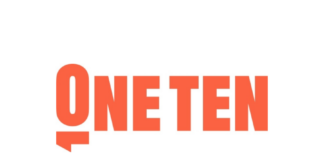
A Google employee recently claimed that the company’s lack of women on staff is not because of sexism, but that women’s preferences and biological tendencies make them unsuitable for tech work. The man was subsequently fired for his statements.
In a recent report conducted by Unilever, 60% of women believe gender stereotypes affect their careers. Case in point: women were selected for only 5% of interviews for tech jobs when identifying information was present on their applications, according to a study by Speak With a Geek. When they submitted blind applications that highlighted their skills, women landed 54% of the interviews.
The Unilever study also shows that 77% of men and 55% of women believe men are better leaders for important projects. Men are promoted early in their career at a 30% higher rate than women, says a study by LeanIn.Org and McKinsey. The study also examines how women are underrepresented at every level in corporate America. The higher the rank up the ladder, the fewer women reside there. For entry level jobs, women fill 46% of the positions, which is on par with the percentage of women in the workforce. Moving up the ladder, women make up 37% of management positions, 33% of director positions, 29% of VP positions, and 19% of C-level positions. In addition, more than three-fourths of CEOs claim that gender equality is one of their top business priorities. So where is the disconnect?
Unconscious bias is one of the major reasons women have struggled to gain a strong presence in leadership, particularly in tech. Many large tech companies release annual diversity reports to show transparency, but transparency does not indicate initiative for change. For example, Apple’s reports between 2015 and 2016 show only a 1% increase in the number of women on staff. The McKinsey report reveals that less than half of employees believe their companies are doing enough to solve the diversity problem, and the numbers prove they’re right.
Recruiters can help remove unconscious bias by manually or digitally removing all identifying information from resumes and from the initial candidate intake process.
Sources: CBS News, When tech firms judge on skills alone, women land more job interviews
SHRM, In Focus: Employee Memo Questioning Google Diversity Efforts Sparks Furor
HR Dive, Study: Gender stereotypes keep gender inequality alive in workplace






